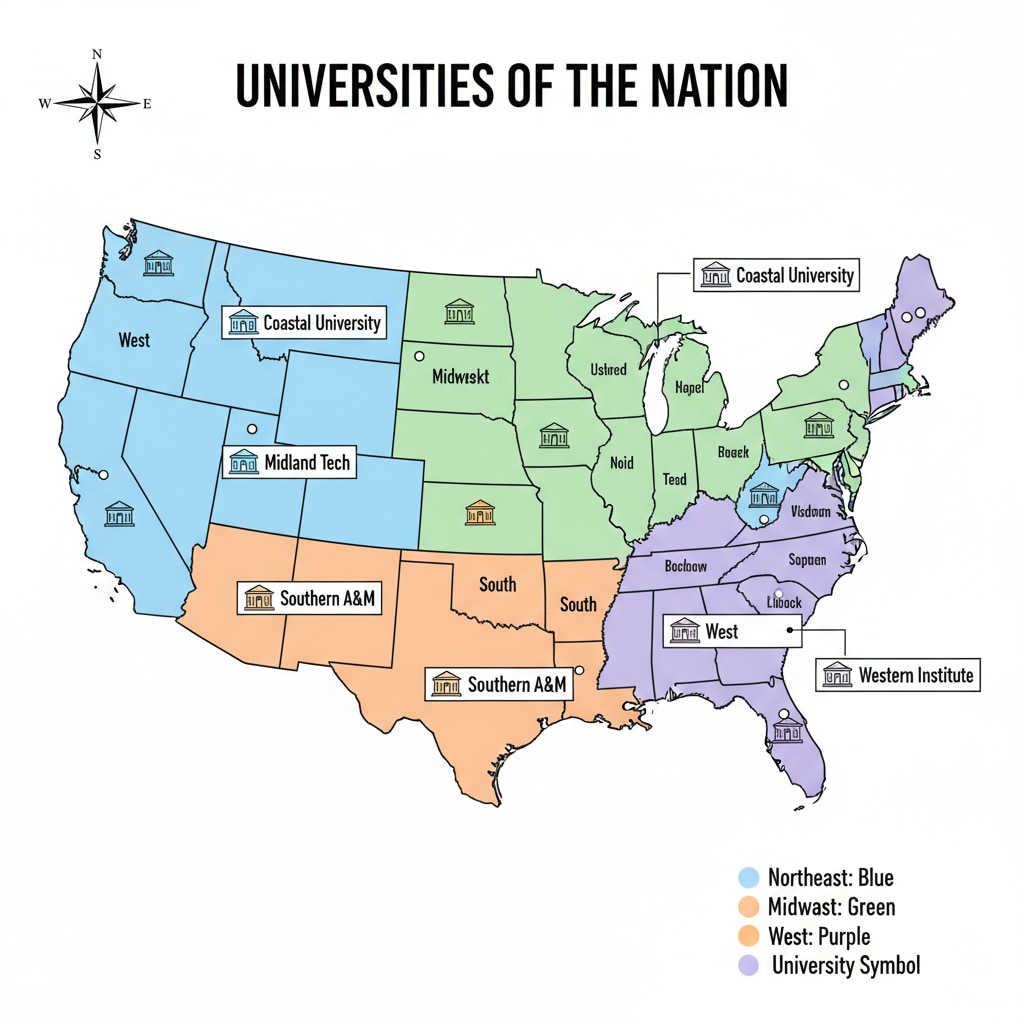Embarking on the journey of university preparation, academic planning, and career development can be both exciting and daunting for high school students. As you stand at this crucial crossroads, making informed decisions is key to shaping a successful future.

Navigating University Selection
One of the first steps in this journey is choosing the right university. Consider factors such as academic reputation, program offerings, location, and campus culture. Research different institutions thoroughly. For example, Harvard University on Britannica is renowned for its academic excellence across various fields. Look into their admission requirements, including GPA, standardized test scores, and extracurricular activities. This will help you narrow down your options and focus on the universities that best fit your goals and abilities.

Finding Your Ideal Major
Selecting the right major is another critical aspect of academic planning. Reflect on your interests, passions, and strengths. Do you love science, humanities, or business? Take different courses in high school to explore various subjects. Many students find it helpful to talk to current college students or alumni in different majors. This can give you valuable insights into the curriculum, job prospects, and daily life of students in those fields. For instance, if you’re interested in computer science, learning from someone who has graduated from a computer science program can help you understand the challenges and opportunities ahead.
When it comes to financing your education, be cautious of student loan traps. While loans can be a necessary option for many, it’s important to understand the terms and repayment plans. Research scholarship opportunities early. There are numerous scholarships available based on academic achievements, extracurricular activities, and other criteria. Additionally, consider part-time jobs during college to reduce the amount of debt you accumulate. This way, you can manage your finances better and avoid starting your career with a large burden of debt.
Mastering Efficient Learning Methods
Once you’re in university, adopting efficient learning methods is essential for academic success. Develop good study habits, such as creating a regular study schedule, taking detailed notes, and seeking help when needed. Utilize the resources available on campus, like libraries, tutoring centers, and study groups. For example, forming a study group with classmates can enhance your understanding of difficult concepts through discussions and shared knowledge. Also, learn to manage your time effectively to balance your coursework, extracurricular activities, and personal life.

Long-Term Career Planning
Looking beyond university, long-term career planning is crucial. Start building your professional network early. Attend career fairs, industry events, and join relevant student organizations. This will help you connect with professionals in your desired field and gain exposure to different career opportunities. Internships are also a great way to gain practical experience and test the waters in your chosen career path. As you progress through your academic journey, continuously update your resume and develop essential skills such as communication, teamwork, and problem-solving. These skills will be highly valued by employers and will contribute to your success in the workplace.
Readability guidance: By following these steps in university preparation, academic planning, and career development, high school students can set themselves on a path to achieve their goals. Remember, this is a journey, and it’s okay to make adjustments along the way. With careful planning and dedication, you can make the most of your high school and college years and build a fulfilling career.


